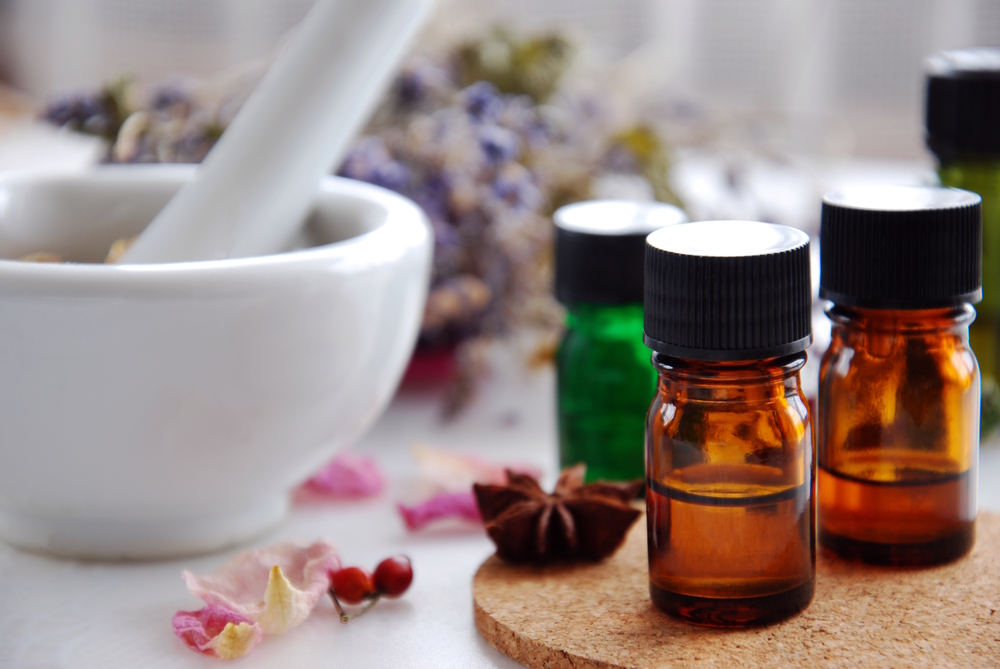Home remedies for swollen gums

If you are wondering, how can I alleviate the discomfort caused by swollen gums? Good attention to oral hygiene, diet, and grandma’s home remedies can certainly help to solve the problem.

Many of us have experienced pain and discomfort due to inflamed gums, but even if this condition is often due to poor oral hygiene, the reasons for the problem can be multiple.
Table of Contents
Why are the gums inflamed?
The inflammatory process suffered by the gums can be cured with some tricks, but if you neglect for a while, the inflammation could turn into periodontitis, or the gingival sulcus can retract, forming a small space between the gum and the tooth, where it can be easily accumulating plaque and tartar.
If this point is reached, removing the buildup is almost impossible, so there is a general worsening of the gum inflammation.
The inflammation can spread, even reaching the periodontium (the set of ligaments that support the tooth) and the bones that form the base of the tooth. The problem could affect the health of the teeth so much that it weakens them until they fall out.
As mentioned, although oral hygiene is often insufficient at the base of inflamed gums, the causes that give rise to the problem are usually different. The main ones are mentioned below.
What Causes Swollen Gums
Inflamed gums derive mainly from a bacterial disease, but sometimes the entire inflammatory process can be caused by traumatic movements, such as too vigorous brushing with a toothbrush, or a blow from the outside.
Certainly, there are several risk factors that can aggravate the situation, such as smoking, due to the various harmful substances contained in cigarettes, diabetes, stress and all those situations that contribute to weaken our immune defenses, promoting the proliferation of bacteria on the gums; pregnancy and puberty are also risk factors.
Due to changes in hormonal levels, it can contribute to inflammation of the gums, as well as certain medications, causing an increase in gingival volume, which can worsen oral hygiene: including, for example, antidepressants, antiepileptics, or therapies hormonal drugs such as birth control pills, and cortisone-based drugs.
Inflamed gums rarely present in a more acute form, called acute necrotizing ulcerative gingivitis, which can lead to fever, ulceration, and even halitosis. However, these types of complications can occur in the most debilitated people.
Symptoms of swollen gums
How can I tell if my gums are swollen? First of all, we can notice it in the problems of bad breath, bleeding gums after brushing the teeth, the strange taste that is felt in the mouth, color changes and, in many cases, the fact that the gums are unusually swollen.
If the gingivitis is in a more advanced stage, they also exhibit other symptoms, such as the formation of space between the teeth, receding gums (which involve greater exposure of the roots to bacteria) and sometimes even greater mobility of the teeth.
Home remedies for swollen gums
To relieve pain, first of all it is necessary to try to limit the contact of the gums with irritants, which could increase pain and swelling.
Ideally, use a brush with soft bristles to avoid irritations that can cause gum bleeding.
It is also very important to follow a daily routine of cleaning your teeth, with a toothbrush and toothpaste, three or four times a day, especially after meals, to remove food residues and combat the formation of plaque and tartar, but also use mouthwash and dental floss.
You should also avoid the consumption of alcohol and tobacco which will increase inflammation in the gums.
Among the most important foods to consume in case of inflamed gums, there are undoubtedly raw fruits and vegetables, which contain many antioxidants, including vitamin C and E, which help fight inflammation.
It is also important to eat foods rich in calcium and yogurt with active dairy enzymes, as they help strengthen the immune system.
You should stay away from sugary, fatty and fried foods, whether they are crunchy or hard, which could increase gum irritation and cause gum bleeding.
Grandma’s Remedies for Swollen Gums
Home remedies are also very effective, among which we find, for example:
- Coconut oil: this oil contains several anti-inflammatory properties and is able to eradicate bacteria from the gums very effectively. It is even more effective when mixed with baking soda and used once or twice a week, instead of regular toothpaste.
- Aloe Vera: has great anti-inflammatory and healing properties, which, in the case of inflamed gums, can counteract infection, giving the breath a pleasant smell and helping to regenerate the oral mucosa.
- Tincture of myrrh: it is available in herbal stores, all you have to do is pour a few drops of this solution in warm water and rinse, as if it were a mouthwash.
- Water and lemon: lemon juice very effectively fights gum inflammation; you can feel pain if the inflammation is very acute.
- Chamomile: even chamomile has anti-inflammatory and healing properties, a good infusion with which to rinse can bring benefits.
